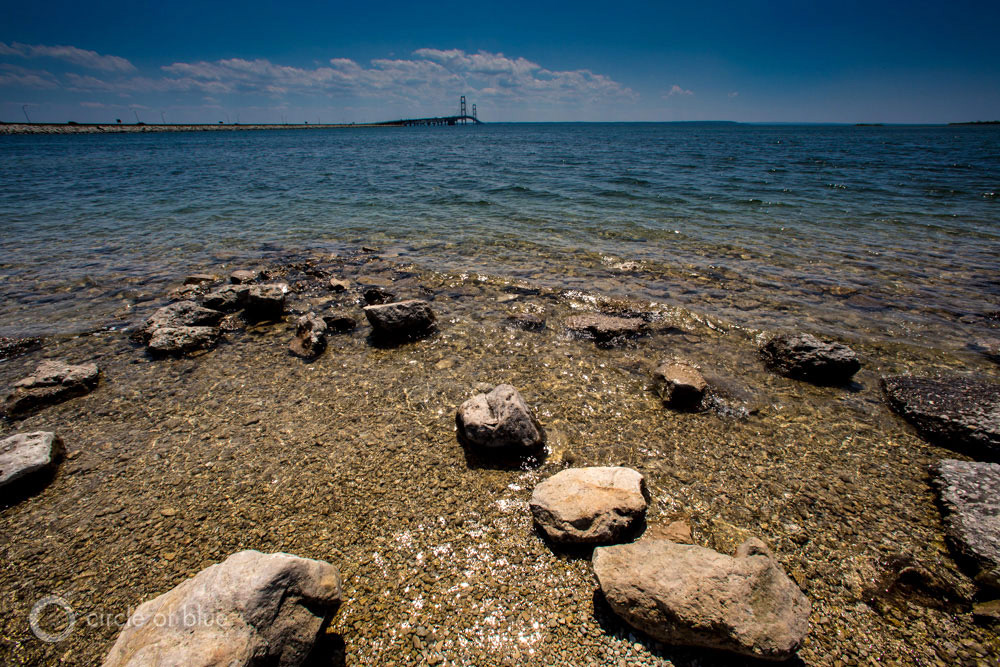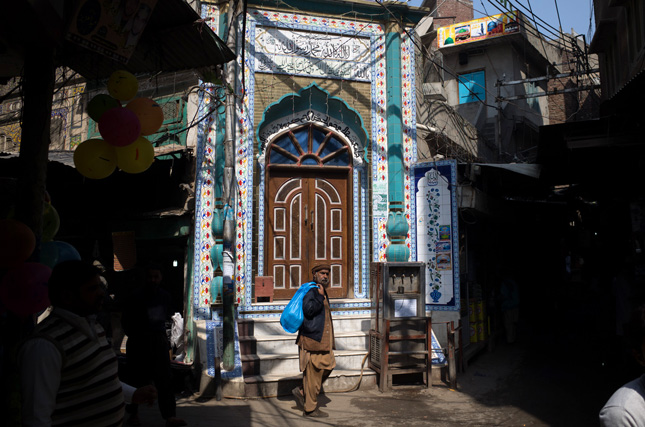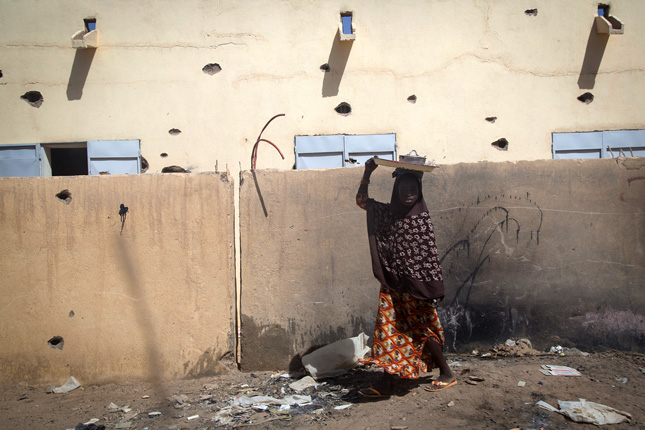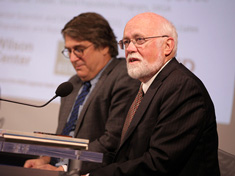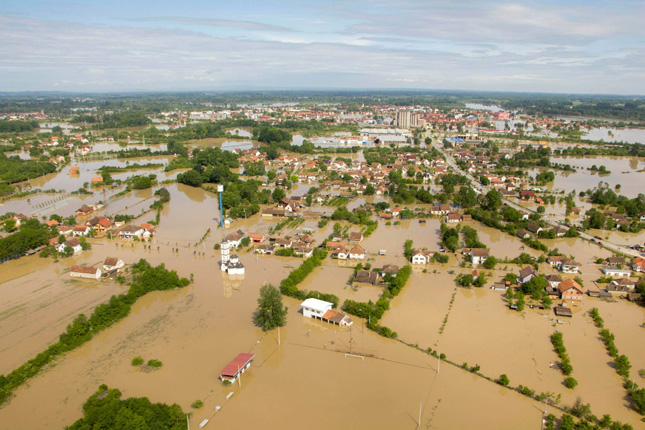-
Fossil Fuel Boom Rewiring North America’s Energy Infrastructure
›Until two years ago, when the National Wildlife Federation pointed out their presence, the 61-year-old steel oil pipelines running beneath the fast-flowing Mackinac Straits between Lake Michigan and Lake Huron were like nearly every other piece of North America’s energy transport network: out of sight and out of mind.
-
‘Extreme Realities’ Sheds Light on Links Between Global Climate Dynamics and National Security
›“We cannot ignore the new reality that climate change has become a major foreign policy issue in the 21st century,” a new film by Hal and Marilyn Weiner concludes.
-
Pakistan’s Most Recent Demographic and Health Survey Reveals Slow Progress
›December 10, 2014 // By Richard Cincotta
A quick scan through the charts and graphs of Pakistan’s most recent Demographic and Health Survey yields more than a few insights into the performance of the government’s health policies and the public health and demographic challenges it will face in the future.
-
Safety and Security in the Global Youth Wellbeing Index
›Few would argue with the notion that socioeconomic development is contingent on peace, safety, and security. What goes for nations, goes for people too – especially young people.
-
Feeding Unrest: A Closer Look at the Relationship Between Food Prices and Sociopolitical Conflict
›
From the Roman poet Juvenal’s observations about bread and circuses to Marie Antoinette’s proclamation, “let them eat cake!” the link between food and political stability is well established in pop culture. In academic and policy circles, however, it’s a source of considerable debate.
-
William Butz: Investment in Human Capital, Not Engineering, Central to Climate Resilience
›
“How does climate change affect people by age and sex, and where they live?” asks William Butz, director of coordination and outreach at the Wittgenstein Center for Demography and Global Human Capital, in this week’s podcast. “And how to do they respond? How do they adapt or fail to adapt?”
-
A Sister Cities Coalition Builds Peace Through Water in the Lower Jordan Valley
›
Water is a key ingredient for peace, especially in the Middle East. The Jordan River, which forms the border between Israel, the Palestinian West Bank, and Jordan, is central to the interrelated political and environmental challenges facing the region. Addressing these challenges requires not only high-level diplomacy but also direct, people-to-people engagement, which can form lasting relationships that go beyond water, said experts at the Wilson Center on October 17. [Video Below]
-
Gerald Stang, European Union Institute for Security Studies
Climate Change and EU Security: When and How Do They Intersect?
›December 3, 2014 // By Wilson Center Staff
The potential security challenges linked with climate change can make for great headlines. While sensationalist claims about water wars, states collapsing in chaos, or the forced migration of hundreds of millions cannot be completely discounted for the long term, intelligent mitigation and adaptation efforts can help avoid the worst of these – and manage the rest.
 A Publication of the Stimson Center.
A Publication of the Stimson Center.

